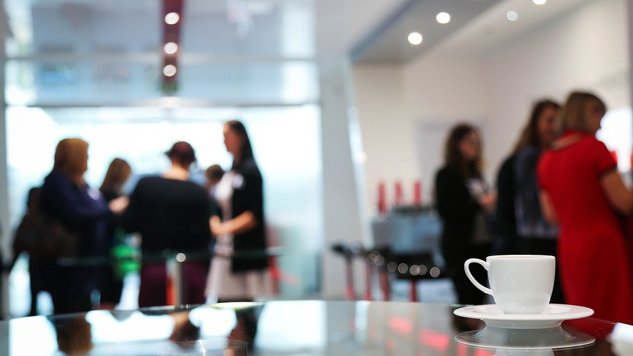The conference started with Delmi presenting the research results and policy recommendations from the first study, Those who cannot stay: Implementing return policy in Sweden, and what the study Return and reintegration aims to examine. At the conference, the participants reflected over the focus of the project. The purpose of the study is to contribute with new important knowledge about returnees access to information and on the knowledge that they have gained in Sweden in relation to reintegration support, as well as formal and informal structures of reception in the third-country national’s country of origin.
"I appreciate that Delmi is going to do a comparison between voluntary and involuntary return. It is said that voluntary returnees are integrated more effectively but there is however no evidence on that. The second Delmi report can therefore provide research to see if the data supports the impression."
Quote from the key-note speaker of the conference regarding the second part of Delmi's study on return.
Delmi received valuable insights on the key challenges regarding return and reintegration from the participants, which provided further guidance for the work within the AMIF-project. The focus was also on raising the civil society's perspective on return issues and receiving reflections from field workers' views on what the return process looks like in practice in Afghanistan and Iraq. Three examples of lessons learned that were discussed to improve the support of returnees:
- Returnees have different needs and therefore it is important to offer flexible solutions.
- Reintegration can be more challenging than integration due their migration experience.
- There is a “coming back”-stigma that needs to be taken into consideration related to failure in the asylum process.
During the spring of 2021, Delmi will arrange a final conference to discuss the results of the project and how to proceed with the return work nationally and internationally.
Picture by Pixabay.
